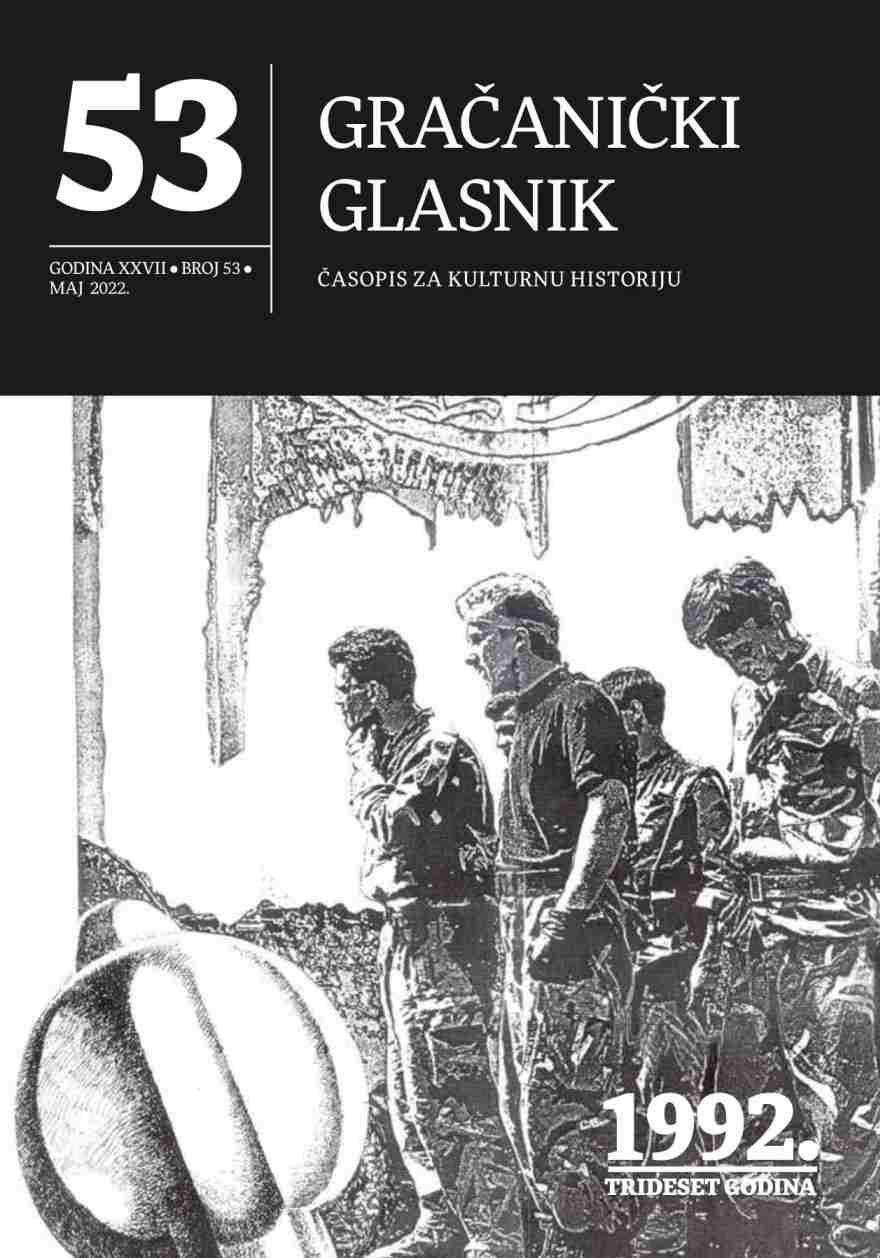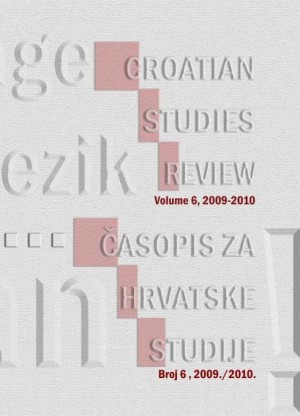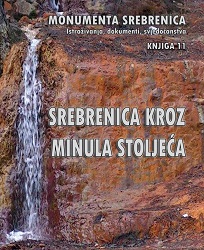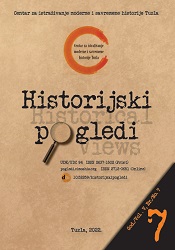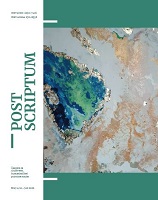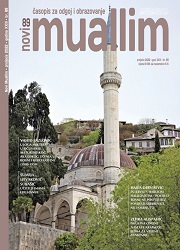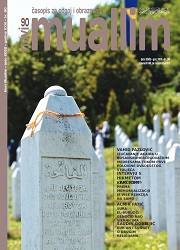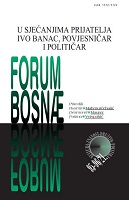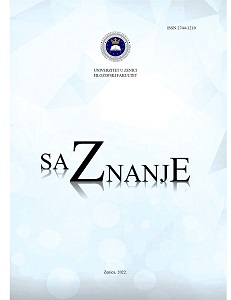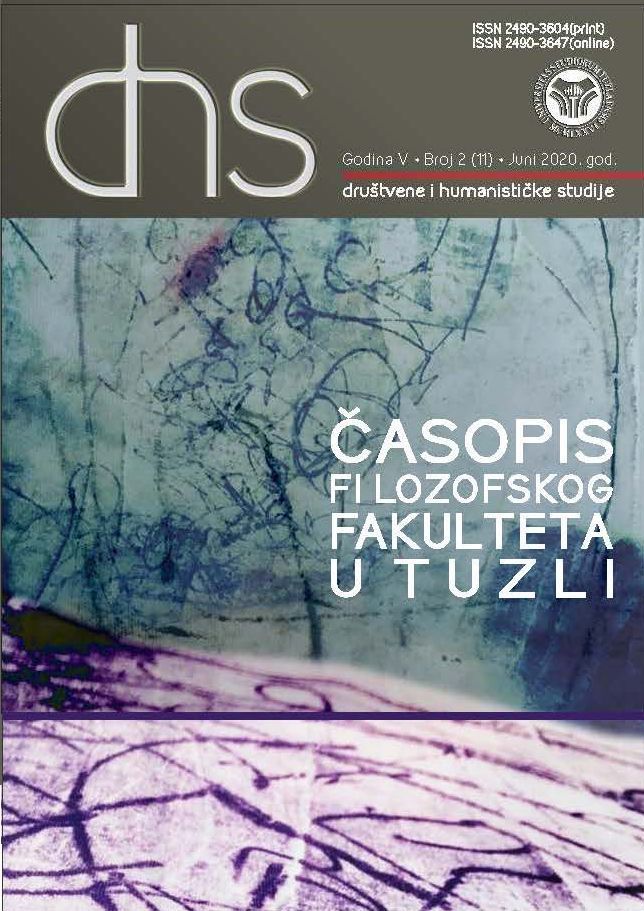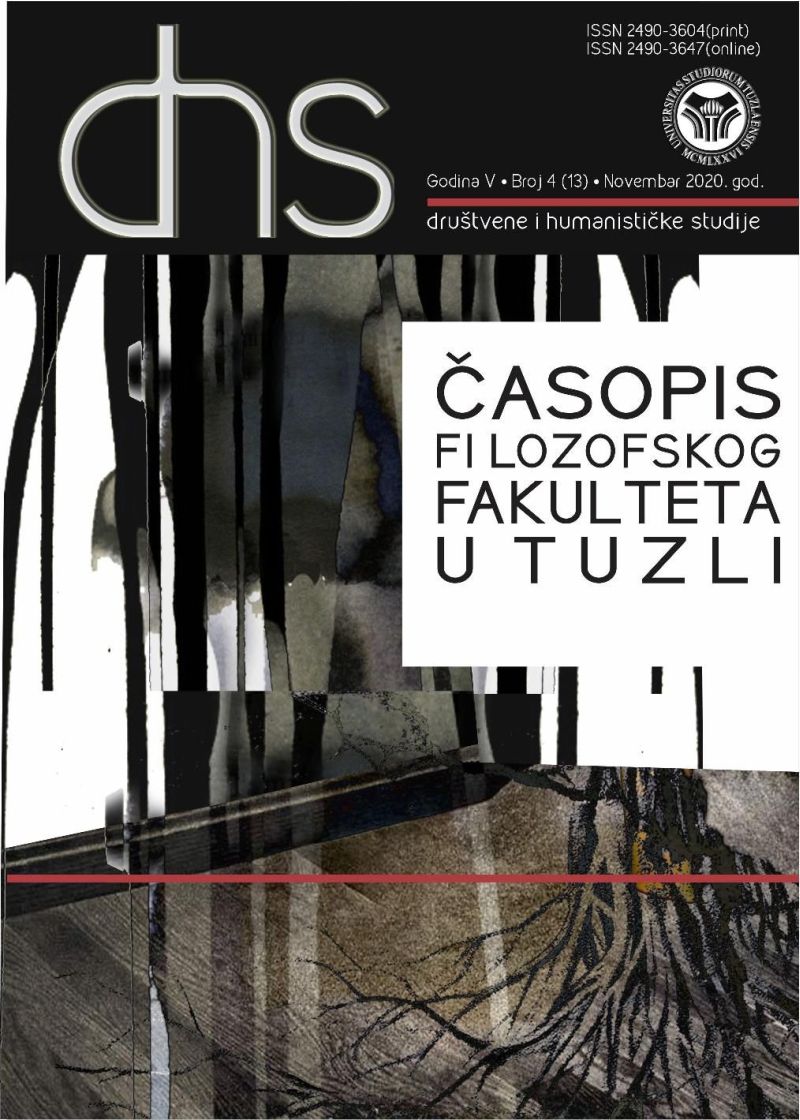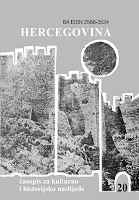Author(s): Amir Kliko / Language(s): Bosnian
Issue: 7/2022
From the autumn of 1991 until the beginning of the Greater Serbia armed aggression against the internationally recognized stale, the Republic of Bosnia and Herzegovina, in April 1992, the Yugoslav People's Army occupied most of the territory without struggle in Serbian intellectual, political, military and ecclesiastical circles the future Serbian state in the state of Bosnia and Herzegovina. It was planned for that Serbian stale that the Serbian population has an absolute majority in relation to other nations. Given the large number of Bosniaks and Croats living in the territory it was to occupy, in addition to Serbs - and in many cities there was a majority population - the Serb majority had to be established by force. The creation and maintenance of such a Serbian stale on the territory of Bosnia and Herzegovina, later called the Republic of the Serb People in Bosnia and Herzegovina, ie the Republika Srpska, could not be achieved without genocide and other forms of war crimes against Bosniaks and Croats. From October 1991 to April 1992, the Yugoslav People's Army occupied most of the desired territory, and the Serbian separatist authorities in that territory remained obliged to defend it militarily and "ethnically cleanse" it of Bosniaks and Croats, which they did during the 1992-1995 aggression. In addition to occupying most of Bosnia and Herzegovina far the future Serbian stale, the Yugoslav People 's Army left it with the weapons it needed to form its own army, defend the already occupied territory and occupy what the federal army failed far political reasons. By mid-May 1992, the Yugoslav People 's Army had been transformed into the Army of the Serb Republic of Bosnia and Herzegovina, which was renamed the Army of the Republika Srpska in August 1992. Serbian nationalist and, unlike the stale of Bosnia and Herzegovina, separatist policy was led by the Serbian Democratic Party, which was directly supported by Serbia, Montenegro, the Yugoslav People 's Army and the Serbian Orthodox Church. After successfully destroying the administrative structure and stale institutions of Bosnia and Herzegovina throughout 1991, the Serbian Democratic Party declared a parastatal union called the Republic of the Serb People in Bosnia and Herzegovina on January 9, 1992, and its secession from Bosnia and Herzegovina. The municipality of Kotor Varoš was part of it. The demographic composition of the municipality was such that none of the three most numerous peoples of Bosnia and Herzegovina had an absolute majority of the population. There were only 38. 14% Serbs, which meant that about 60% of the Bosniak and Croat population had to be removed from the municipality. That population did not want to leave their homeland. The Yugoslav People's Army seized the weapons of the Kotor Territorial Defense in 1990 and took them to its barracks in Banja Luka. Less than two years later, it was returned to the Serbian separatists in Kotor Varoš. The international embargo on the import of weapons to all the republics of the farmer Yugoslavia made it impossible far the legal authorities of Bosnia and Herzegovina to adequately prepare the Bosniaks and Croats of Kotor to protect themselves and survive in their homeland. The geographical position of Kotor Varoš far the defense of Bosniaks and Croats was very difficult. The municipality is located deep in the territory provided far the Serbian stale by the Yugoslav People 's Army before the aggression. Until June 11, 1992, Anto Mandić from the Croatian Democratic Union was the head of the local Kotor government. The cadres of that party held some other important institutions of the municipal administration. The Serbian Democratic Union, with the help of the Serbian army, local police officers of Serbian nationality, members of the Serbian Territorial Defense and the special purpose unit of the Banja Luka Security Service Center, forcibly took power in the early morning of June 11 . She immediately started realizing her task of "ethnic cleansing" Kotor Varoš of Bosniaks and Croats. "Ethnic cleansing " was not possible without crimes against those peoples, and on the same day, Serbian military and police forces began individual and mass executions of Bosniaks and Croats. Fearing extermination, a significant proportion of them opted far armed resistance to the aggressor and criminals. They concentrated in several of their villages, organized and defended themselves militarily until early November 1992.
More...
